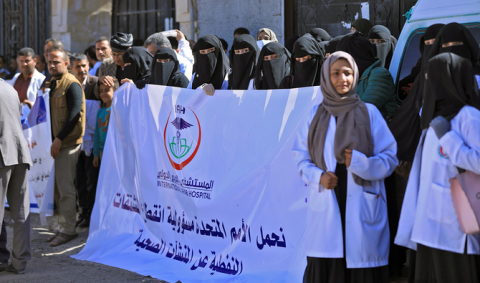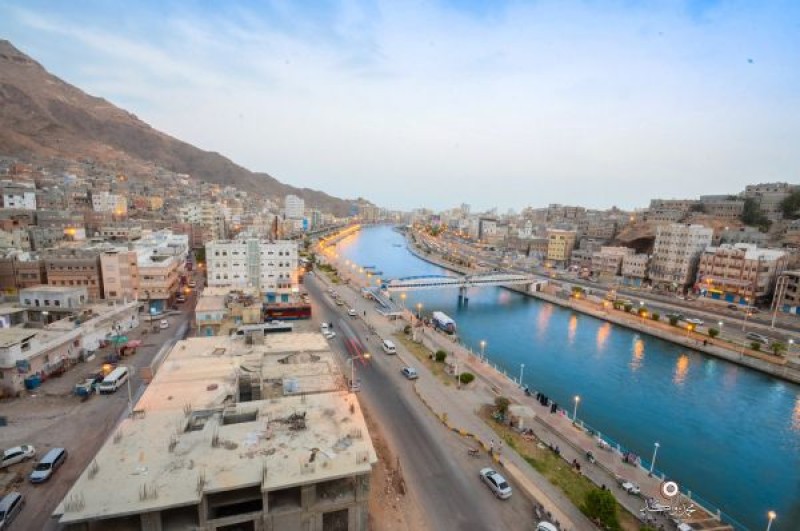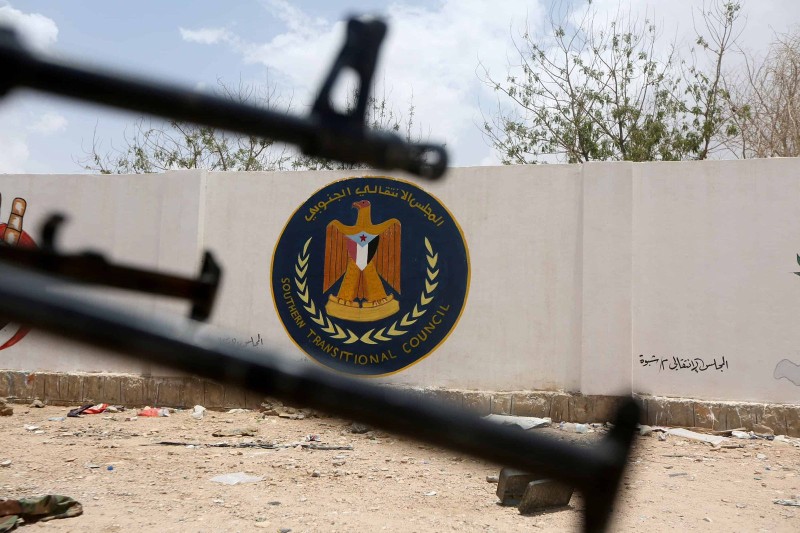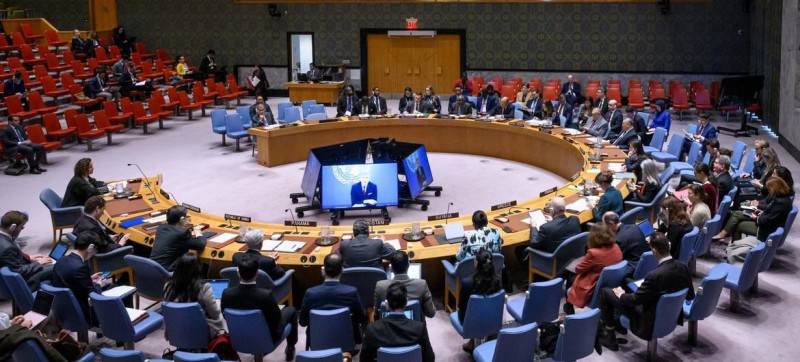Saudi Arabia intensifies moves to end war in Yemen


Saudi Arabia is moving on more than one front to expedite the Yemen settlement process, diplomatic sources told The Arab Weekly.
Riyadh, the sources say, is working on two fronts, the first concerns helping put some order back in the internal affairs of the Yemeni government and its allies, and the second concerns the acceleration of negotiations in the direction of signing the “joint declaration” between the Yemeni government and the Iran-backed Houthis under UN and international parties, despite the obstacles that still stand in the way of the initiative.
The sources indicated that Britain and the European Union intend to submit the revised version of the declaration drafted by the UN envoy to Yemen Martin Griffiths to UN Security Council and have it adopted as a binding project.
Indications are increasing that the Arab coalition wants to achieve a breakthrough in the Yemeni war file before the end of this year, by preparing the appropriate ground for closing the file of the war, on the basis of protecting the region’s national security against Iranian threats and bypassing the conflict that has been going on for six years.
Saudi Arabia, which leads the Arab coalition in Yemen, is seeking to prepare the Yemeni actors and forces opposing the Houthi coup to face the upcoming transformations of the next stage, by strengthening the fractured “legitimacy” front through the mechanism to accelerate the implementation of the Riyadh Agreement concluded between the Yemeni government and the Southern Transitional Council in November 2019 and pushing towards announcing the new Yemeni government headed by Moein Abdel-Malek.
The United Nations and the countries active in the Yemeni file are showing an increasing interest in implementing the Riyadh Agreement between the parties in the “legitimacy” camp, as it is one of the most important pillars of the regional and international vision to end the conflict in Yemen, along with the Stockholm Agreement between the Yemini government and the Houthis, and the UN-drafted “joint declaration” that includes a comprehensive plan for a cease-fire in Yemen and starting off on the path of the final solution, including political arrangements and the transitional phase.
The past few days have witnessed remarkable activity in the context of international attention to the Yemeni crisis, which seems to be approaching its final phase on the military front, just before the beginning of a new phase of negotiations between the regional powers supporting the local parties of the conflict.
Political observers considered the US special envoy to Iran Elliot Abrams’ visit, Tuesday, to Riyadh and his meeting with the Saudi Deputy Defence Minister, responsible for the Yemeni file, Prince Khaled bin Salman, in the presence of the Saudi ambassador to Yemen Muhammad al-Jaber, an indication that the meeting had to do with developments in the Yemeni file and the prospects of its resolution.
The official Yemeni News Agency said that President Abd Rabbo Mansour Hadi received the American senior official at his residence in Riyadh, and expressed to him, according to the agency, his keenness to achieve peace in Yemen, while the US envoy called on him to help speed up the implementation of the Riyadh Agreement, which has been facing once again these past few days obstacles resulting from the return of military tensions between Yemini government forces and Southern Transitional Council forces in Abyan, plus the refusal of forces within the “legitimacy” camp to proceed with putting in place the new Yemeni cabinet before implementing the military part of the Riyadh Agreement.
Officials in the Arab coalition did not hide their frustration with the sluggish performance of the Yemeni government, and with the incursion of pro-Doha leaders seeking to confuse the coalition’s work and thwarting the implementation of the Riyadh Agreement.
Furthermore, the coalition has a list of grievances related to the failure of the legitimacy camp to achieve any military or political progress in facing the Houthi threat despite the political, diplomatic, military and financial support it has received from the coalition over the past six years.
The official account of the Saudi embassy in Yemen reported that the Saudi ambassador, Muhammad Al Jaber, had a video conference with the UN envoy to Yemen Martin Griffiths prior to the latter’s briefing before the UN Security Council, on Wednesday. The account quoted the Saudi official’s confirmation of his country’s support of the UN envoy’s effort to reach a comprehensive political solution in Yemen.
Speaking to the Security Council on Wednesday, Griffiths expressed his concern about the escalation of violence in Marib and Taiz, and the increase in attacks on Saudi territory, as well as the recurrence of the shooting and bombing incidents that led in the recent period to the destruction of homes, schools, hospitals and places of worship in several locations in Yemen.

Aden – Yemen is witnessing heightened political activity aimed at defusing tensions in the eastern provinces, where competing forces have vie…

Aden – Anwar Al-Tamimi, spokesman for the Southern Transitional Council (STC), stated that the council’s recent deployments toward Hadr…

NEW YORK — The United Nations Security Council will convene its annual session on Wednesday, December 17, to hear briefings from the chairs o…